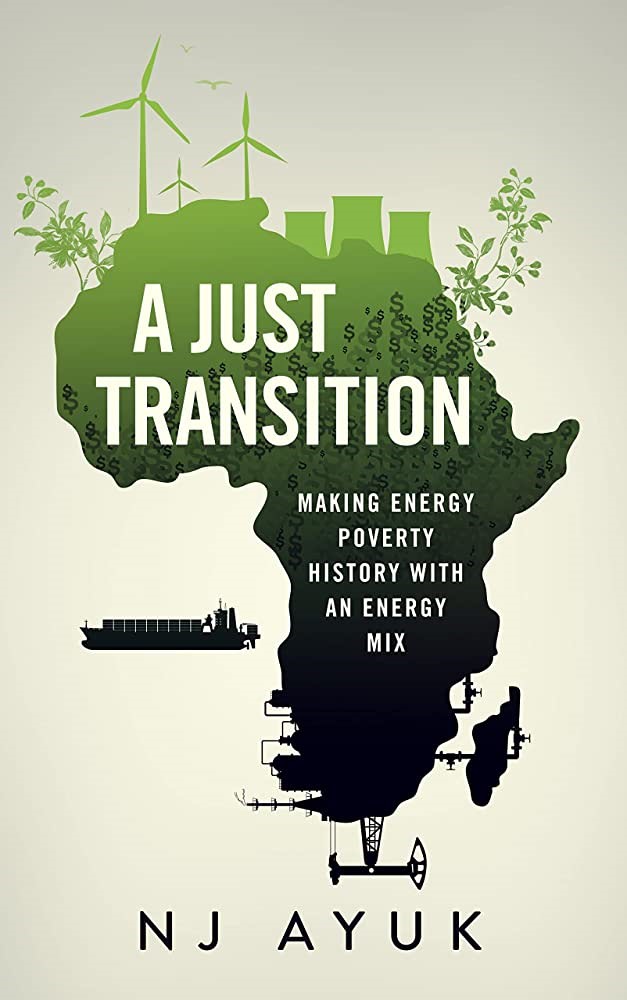Over many decades of relentless hype, documentaries, studies, and media representations, one would think the driving force behind leading the world on addressing climate change is the west—the United States, in particular. We’ve read the horror stories, and seen the real-world effects. California may not be falling into the ocean anytime soon, but as of late, rain has saturated the state. We’ve been warned that global warming’s clock is ticking past the point of no return. Hurricane season is expanding. Tornadoes are growing in size and frequency across the mid-western states at an alarming rate. Floods are worsening, as are long periods of devasting draughts and wildfires.
You wouldn’t be wrong in thinking that these issues are only affecting Americans, as anything outside the western bubble is hardly reported on, if ever. When was the last time we heard about any non-western country on our television or internet news outlets? It’s as if the rest of the world doesn’t exist.
Take Africa for example. Did you know the continent is one of the most devastated of any on the planet due to climate change? In the 1980s, we saw countless videos of draught and plague, but most of that was due to the independent efforts of Bob Geldof and LIVE AID, who took it upon themselves to film these tragedies, bring them to light. Who can forget any of those indelible images? On the flip side, that was all we were presented with. We assume all of Africa is in the same boat. But it wasn’t and isn’t, of course. There’s been a thriving, modern continent there all along, just outside the range of the cameras. That’s not to say there aren’t some vast problems that need to be addressed and improved.
Nevertheless, Africa still has over 600 million people who don’t have reliable access to electricity and water. In NJ Ayuk’s thought provoking new book, A Just Transition: Making Energy Poverty History with and Energy Mix he explores these issues at length.
Africa takes a big hit from El Nino and El Nina wind formations. Such changes can have drastic effects, leading to too much rain to too little. Often, theories have been put forward to harvest such winds using turbines and other new technologies. These cost money Africa just doesn’t currently have. Thus, the continent is still needing to use oil, gas, and other legacy energy sources until those new technologies mature and become more readily available and affordable.
This is not a blanket fix. Transitioning to these new energy sources will take time, as will developing and completing more infrastructure to support their distribution. These are the same sort of problems countries all over the world are facing as the entire planet does its best to adapt, adjust, and thrive against one of the foremost threats our species has ever faced. None of us are alone in this fight. The sooner we all realize climate change knows no borders, the better we can come together as a species and find ways to make the next big jump we’re going to need to make—or else.
Find you copy on Amazon now.


